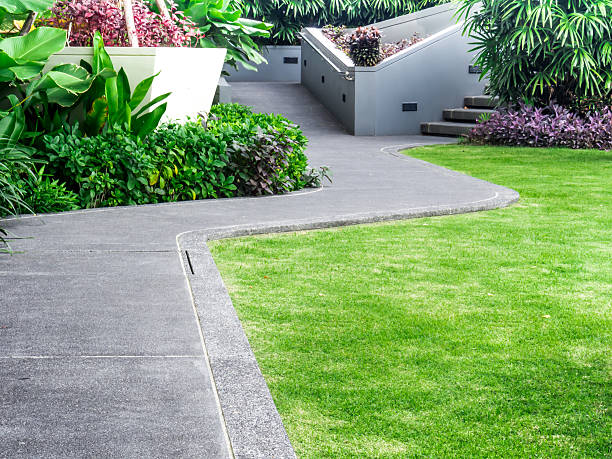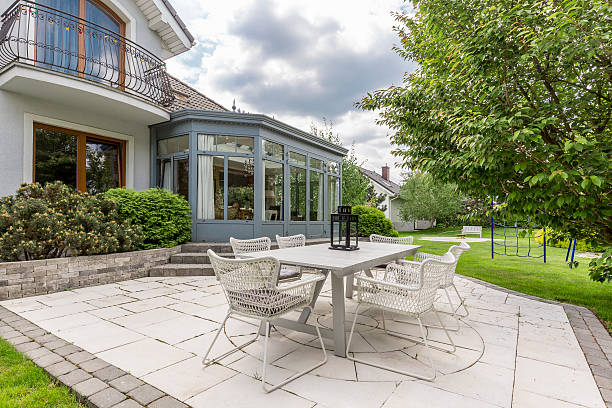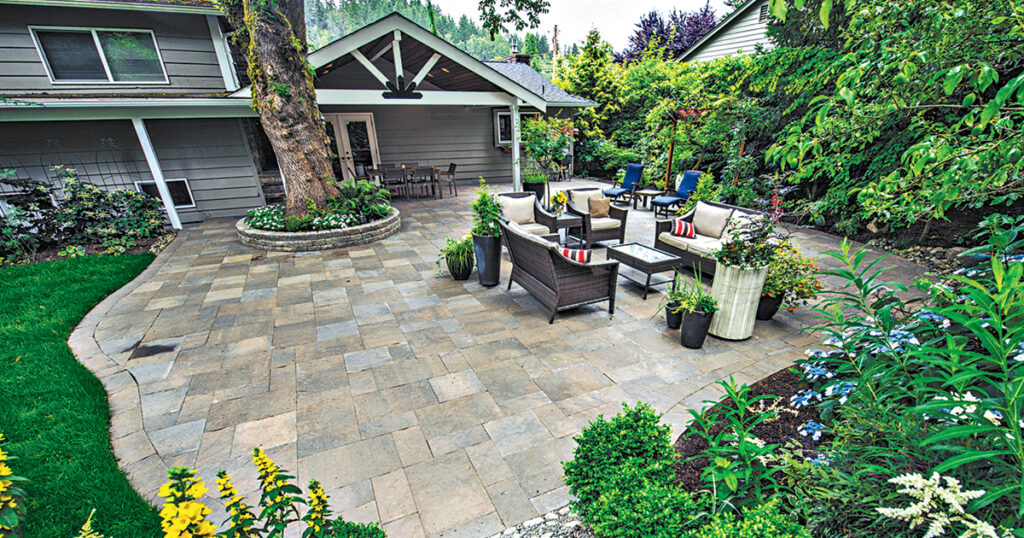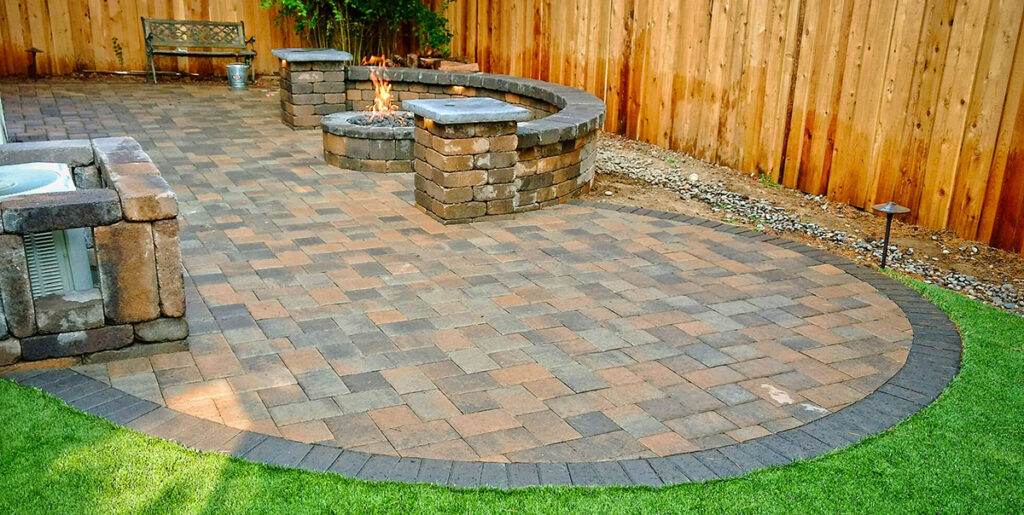Pavers VS Concrete: Choose the best Material for Your Beautiful Patio

Cement Versus Pavers: Patio Options for Your Home
A patio is a great way to enjoy the outside of your home in the backyard. Not only does it give you a piece of privacy outside, a patio extends the usable footprint of your home as well. Whether you simply need an additional place to relax after long workday or the kids playing outside gives you a rest from the racket inside the home, a usable patio provides your home life multiple benefits year after year.
And there are even advantages you won’t realize right away that appear over time, and you will look back and thank yourself for installing a sizable patio right off the bat.
The Difference between Concrete and Pavers in Terms of Maintenance, Affordability

At their most basic form, pavers provide individual hard surfaces in unit which, collectively, can be used to create a patio surface. Cement, on the other hand, is poured into place and creates a continuous hard surface within the construction frame allowed.
Both are highly resistant to the elements, provide a viable hardscape surface for a patio, and they are both surfaces commonly used for making backyard landscapes. However, they have notably different costs and results, depending on the extent of design one puts into play.
A paver’s patio is more expensive both to purchase and install. Geotextile fabric, road base and then send in three different layers make up a proper foundational bed.
Then pavers are placed one by one, packed tightly and finished. Cement, on the other hand, tends to cost less both for the materials as well as the labor involved.
A proper patio pour takes a cement mixer or provider to arrive, the contract labor to form, pour and smooth out the cement, and the possibly a stamping for texture as well which tends to be common for residential patios.
Results over Time
Folks are going to find that cement tends to hold up better over time than pavers. The reason tends to be associated with the difference between one cohesive cement slab versus lots of different units with pavers.

Every edge, crack and difference with pavers allows water and moisture to penetrate, as well as plants and insects. That causes wear and tear over time and eventually individual pavers come loose.
Done correctly, a cement slab will last for decades. Most cracking or lifting occurs mainly because a tree is allowed to grow nearby and the roots lift a portion of the slab.
Otherwise, a professionally poured slab will have expansion cracks already provided to address stress during hot and cold months.
An even stronger slab will be possible with rebar embedded inside, a technique regularly used when the slab will have weight placed on it, such as a hot tub or similar.
On the other hand, unless cement is stamped with color and texture, pavers often look much better and more attractive.
Even with stamping, cement will fade over time, while pavers retain their color and detail year after year.

Contact Us to Find Out More about Your Options
If you are seriously considering putting in hardscape in your New Jersey backyard to redo the entranceway to your home front door, connect with Custom Pool Pros to find out your options in detail. We can evaluate your specific property and go through the exact details of what it will take with cement options versus paver choices.
You’ll be amazed at what choices you may have as well as how things would actually work for your property.
Call at:- 9734678800
